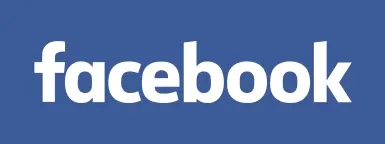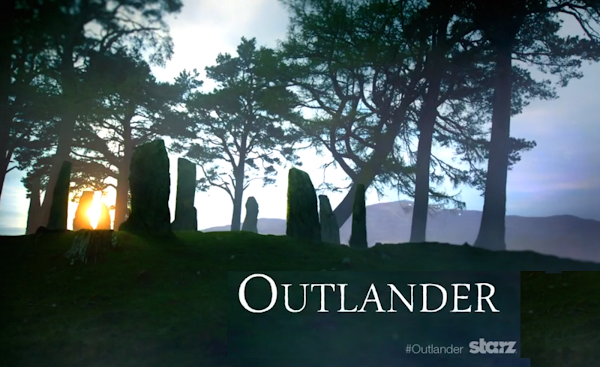Reading OUTLANDER in translation
.jpg)
I recently returned from visiting my sister and her family in Israel. While I was there, I picked up a copy of the Hebrew translation of OUTLANDER, titled "Nochriyah" (which, I'm told, means "outlander").
Here is part of the description from the back cover of the book.
קלייר רנדל מנהלת חיים כפולים. יש לה בעל שחי במאה אחת ומאהב מן המאה האחרת. כשקלייר רנדל, אחות קרבית לשעבר, חוזרת בשנת 1945 מהמלחמה ומתאחדת עם בעלה לירח דבש שני, היא נוגעת בתמימות בסלע המצוי באחד ממעגלי האבנים העתיקים הפזורים ברחבי האיים הבריטיים. בן רגע היא חוזרת לעבר, אל סקוטלנד של 1743, ארץ שסועת מלחמות וסכסוכי גבול בין־שבטיים
Roughly translated, it says, "Claire Randall is living a double life. She has a husband in one century, and a lover in another. When Claire Randall, a former combat nurse, returns in 1945 from the war and reunites with her husband on a second honeymoon, she innocently touches a rock found in one of the ancient circles of stones scattered throughout the British Isles. In a moment she returns to the past, to the Scotland of 1743, a war-torn land of border disputes between clans."
(Apologies to any Hebrew-speakers who may be reading this, for any errors in translation. My knowledge of Hebrew vocabulary and grammar is somewhat lacking, to put it mildly, but I think the above is fairly close.)
I don't really read Hebrew very well -- I can sound out words, and occasionally I manage to get the gist of a newspaper article, but that's about it -- but I was quite entertained to discover that I can open this book to just about any random page with dialogue in it, and understand enough of it to figure out what scene I'm looking at. <g> After that, it's simple to follow what's being said, even if I don't understand some of the words in Hebrew. (I can't do this with the descriptive paragraphs, I just don't know enough of the words, but the dialogue is pretty straightforward.)
Most of the Hebrew translation seems to be pretty close to the original, from what I can tell so far. But there are occasional differences. I was startled, and amused, to find that "Jesus H. Roosevelt Christ" comes out as something like "Jesus Eleanor Roosevelt on the cross". <g> (Again, I may be misreading it, but the Hebrew version definitely says Eleanor Roosevelt, which makes me laugh.)
Have any of you read Diana's books in another language? If so, are the translations accurate, or not? Any odd word choices or mangled phrases that you'd care to share with us? Do the translations make any attempt to convey the Scottish accent or the Gaelic phrases? Is the whole text of the story included, or do they leave out any important parts?
I'm particularly interested in hearing from those of you whose first language is not English. Have you read OUTLANDER (or any of Diana's other books) in your native language, and if so, what language was it, and what did you think? Do you prefer to read it in English or in another language?
Just curious what others have to say about this.







The title means a few things but in this case, it is the closest one could come to Outlander; it does signify an outsider, it is also the term one might use for "Gentile" but the translation is as accurate to the story as it should be. The translation is pretty good, quite a few of my friends read it and loved it but no book in translation is the same as reading the original.
Elle
Anyway, someday I hope to finish it and see if they've translated the rest into Turkish...